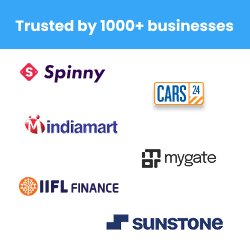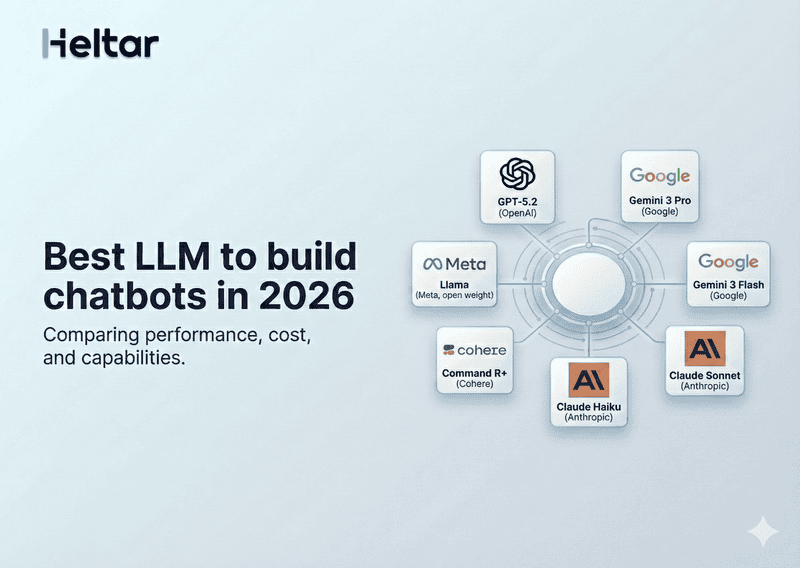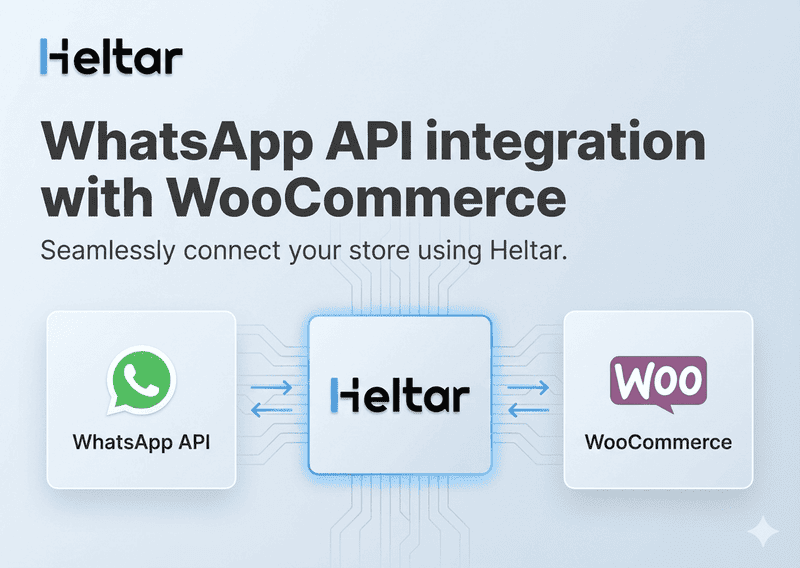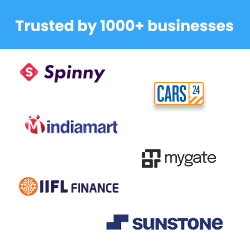Choosing a WhatsApp Business API provider shouldn't feel like decoding a maze. In this blog, we break down the pricing structures of two major players, Twilio and Wati, and explain how they stack up in real business scenarios. Let's dive right into the pricing breakdowns.
Twilio Pricing Breakdown

Twilio follows a per-message pricing model.
Every WhatsApp message — whether sent or received — costs $0.005.
Meta’s standard conversation fees (for marketing, utility, authentication) are charged separately.
Businesses also need to pay for a Twilio phone number, typically around $1 per month.
Service conversations (like order updates) may be free for now, but messages sent within them still cost $0.005 each.
This means the total cost depends heavily on how many messages you send and how Meta classifies those conversations. There’s no flat monthly plan to help you predict spending.
(Explore Twilio's pricing in detail here.)
Wati Pricing Breakdown

Wati offers tiered monthly plans.
Starter plans begin at ₹2,499/month, going up to ₹16,999/month for the Business plan.
These plans come with a limited number of automation triggers and support seats.
Meta conversation charges are marked up by as much as 20 percent.
Adding more team members costs extra — ₹699 to ₹3,999 per user, depending on the plan.
Basic integrations like Shopify and chatbot sessions are available, but often limited to higher plans or need to be paid for separately.
Overall, while Wati’s dashboard is user-friendly, the pricing is layered with hidden costs. The more your team and automation needs grow, the more you end up paying beyond the base fee.
(Explore Wati's pricing in detail here.)
Comparing Twilio and Wati: Cost and Flexibility
| Use Case | Twilio | Wati |
|---|---|---|
| Base Messaging Fee | $0.005 per message | Meta conversation cost + markup (up to 20%) |
| Monthly Platform Fee | None (pay-as-you-go) | ₹2,499 to ₹16,999 |
| Extra User Charges | None | ₹699 to ₹3,999 per user |
| Chatbot Sessions | Unlimited (charged per message) | Capped; extra sessions cost more |
| Integration Costs | Custom | Some integrations paid, limited on lower plans |
| Pricing Predictability | Low | Moderate (until automation needs grow) |
Where Heltar Beats Them Both?

Let’s now look at what Heltar offers, based on its published monthly pricing:
Starter Plan
For 2,000 to 10,000 conversations per month
Platform subscription: $50/month
Meta marketing & utility markup: 10%
Additional automation session cost: $0.03/session
Growth Plan
For 10,000 to 50,000 conversations
Platform subscription: $80/month
Meta markup: 8%
Additional session cost: $0.02/session
Pro Plan
For 50,000 to 100,000 conversations
Platform subscription: $150/month
Meta markup: 5%
Additional session cost: $0.001/session
Key Highlights of Heltar
Markups on Meta charges are capped and decrease with higher tiers (10% to just 5%)
Meta user-initiated messages are completely free
No hidden costs for adding team members or using integrations
Transparent pricing for additional chatbot sessions — starting at just one-tenth of a cent in the Pro plan
Straightforward subscription linked to WhatsApp numbers, making it easy to plan
Final Verdict
Twilio is straightforward if you want complete pay-as-you-go flexibility — but it can get expensive fast as every message costs money. Wati gives you a dashboard and automation tools, but locks key features behind higher paywalls and charges heavy markups.
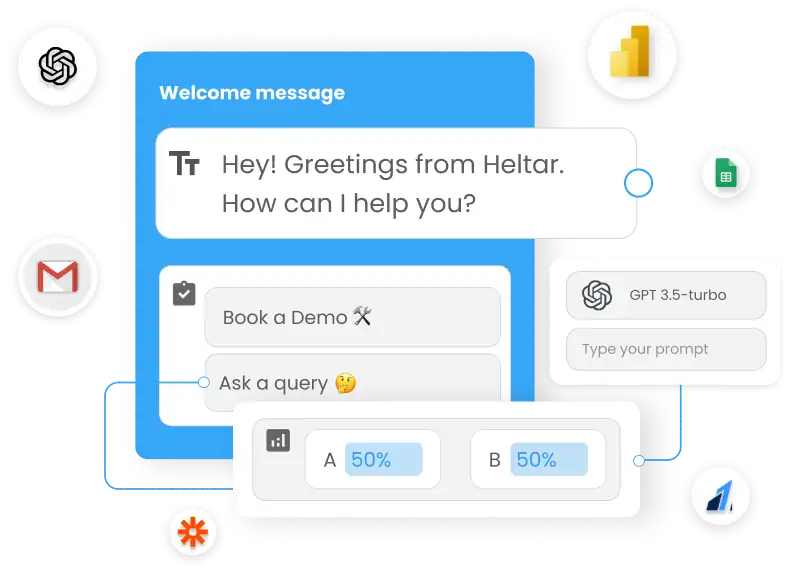
Heltar, in contrast, combines pricing predictability, low markups, and transparent automation costs. For teams looking to scale without worrying about per-message penalties or bloated feature pricing, Heltar offers one of the cleanest and most cost-effective setups on the market.
If you're planning WhatsApp automation with clarity, control, and cost savings — Heltar deserves a serious look.
